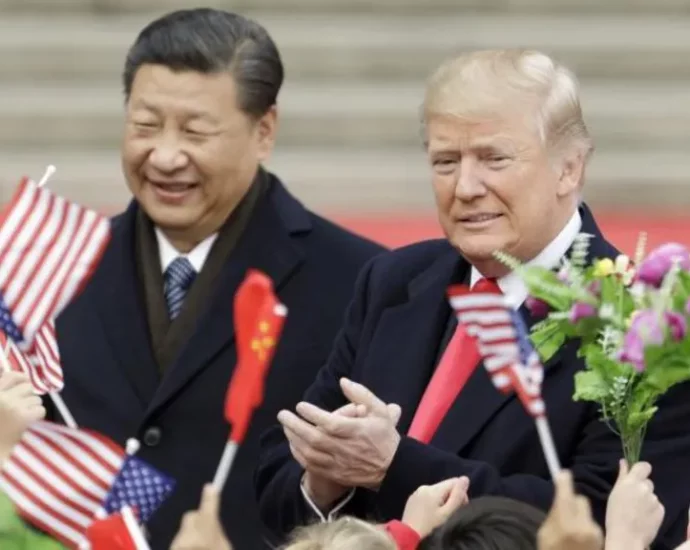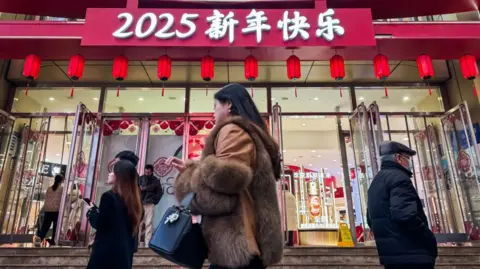Breaking: HSBC pre-tax profit climbs 6.6% to $32.2bn; plans $1.5bn cost savings by end of 2026 | FinanceAsia

HSBC’s profit before tax rose by$ 2 billion to$ 32.3 billion for the financial year ending December 31, 2024, according to a regulatory announcement, profit after tax increased by$ 400 million to$ 25 billion. Overall revenue across the group climves from$ 66 billion to$ 66.85 billion.  ,
¬ Plaza Media Limited. All rights reserved.





















